Workshops
The workshop aims to focus on an integrated and holistic approach to oncology patient care. Participants will learn to understand not only the medical aspects of the disease, but also the psychological, social and emotional impact of cancer on patients. The topics discussed in the workshop are: Empathic Communication: How to communicate effectively and empathetically with cancer patients and their families; Managing Stress and Burnout: How to cope with the stress of caring for oncology patients and how to prevent burnout in the medical field; Psychological Support: The importance of psychological support for cancer patients and ways to provide it; Nutrition and Lifestyle: The role of nutrition and healthy lifestyle in supporting patients during treatment and recovery; Rehabilitation and Quality of Life: How to improve the quality of life of cancer patients through rehabilitation programs and appropriate support.
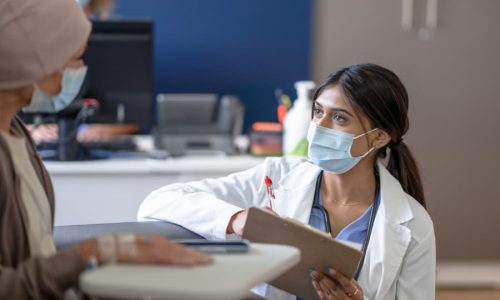
The "Laparoscopy Unveiled: Immersive Simulation for Surgical Skill Enhancement" workshop offers participants an immersive learning experience aimed at enhancing their skills in laparoscopic surgery. This workshop is designed for surgeons, surgical residents, and medical professionals seeking to improve their proficiency in minimally invasive surgical techniques.
Participants will engage in hands-on simulation exercises using laparoscopic training models and virtual reality simulators. Under the guidance of experienced faculty, they will learn and practice essential laparoscopic skills such as camera navigation, tissue manipulation, dissection, suturing, and knot tying.
Through interactive demonstrations, case-based discussions, and personalized feedback, participants will gain insights into advanced laparoscopic procedures and techniques. They will also learn about patient positioning, trocar placement, and intraoperative troubleshooting, all essential aspects of successful laparoscopic surgery.
Moreover, the workshop will focus on team dynamics, communication, and coordination in the operating room, emphasizing the importance of effective teamwork in achieving optimal surgical outcomes.
By the end of the workshop, participants will have honed their laparoscopic skills and gained confidence in performing minimally invasive procedures. They will be better equipped to tackle challenges encountered during laparoscopic surgery and deliver high-quality patient care.

The Workshop on Coronary Angiography offers an immersive learning experience designed to enhance participants' understanding and proficiency in this essential diagnostic procedure. This workshop provides a comprehensive overview of the principles, techniques, and clinical applications of coronary angiography.
Through a combination of didactic lectures, case discussions, and hands-on practice sessions, participants will learn how to perform coronary angiography effectively and interpret angiographic images accurately. The workshop covers various aspects of the procedure, including patient selection, vascular access, catheter manipulation, contrast administration, and image acquisition.
Moreover, participants will gain insights into the interpretation of angiographic findings and the significance of coronary artery anatomy in the context of coronary artery disease (CAD). Emphasis will be placed on recognizing common angiographic patterns associated with different types of CAD and understanding their clinical implications.
In addition to technical skills, the workshop will address important considerations related to patient safety, radiation protection, and procedural complications. Participants will also have the opportunity to discuss challenging cases and receive guidance from experienced faculty members.
This workshop is intended for interventional cardiologists, cardiac surgeons, fellows in training, and other healthcare professionals involved in the care of patients with cardiovascular disease. By attending this workshop, participants will acquire the knowledge and skills necessary to perform coronary angiography competently and contribute to improved patient outcomes in the management of CAD.
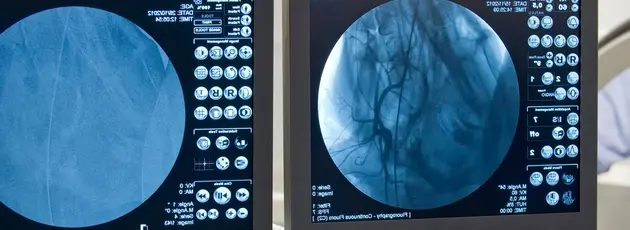
The Workshop on Diagnostic Methods in Gynecology offers a comprehensive learning experience designed to enhance participants' understanding and proficiency in the diagnostic techniques used in the field of gynecology. This workshop provides an in-depth exploration of various diagnostic modalities and their applications in the evaluation and management of gynecological conditions.
Through a combination of didactic lectures, interactive discussions, and hands-on practical sessions, participants will gain practical insights into the use of diagnostic tools such as ultrasound imaging, colposcopy, hysteroscopy, and cytology. The workshop will cover the principles of each diagnostic method, indications for their use, interpretation of findings, and implications for patient care.
Moreover, participants will have the opportunity to refine their skills in performing diagnostic procedures under the guidance of experienced faculty members. Case-based discussions and simulation exercises will allow participants to apply their knowledge in real-world clinical scenarios and develop confidence in their diagnostic abilities.
In addition to technical skills, the workshop will address important considerations related to patient communication, ethical practices, and interdisciplinary collaboration in gynecological diagnosis. Participants will also learn about emerging technologies and advancements in diagnostic techniques, ensuring they stay abreast of the latest developments in the field.
This workshop is intended for obstetricians, gynecologists, residents in training, and other healthcare professionals involved in the care of women's health. By participating in this workshop, participants will acquire the knowledge and skills necessary to perform accurate and effective diagnostic evaluations in gynecology, ultimately improving patient outcomes and quality of care.
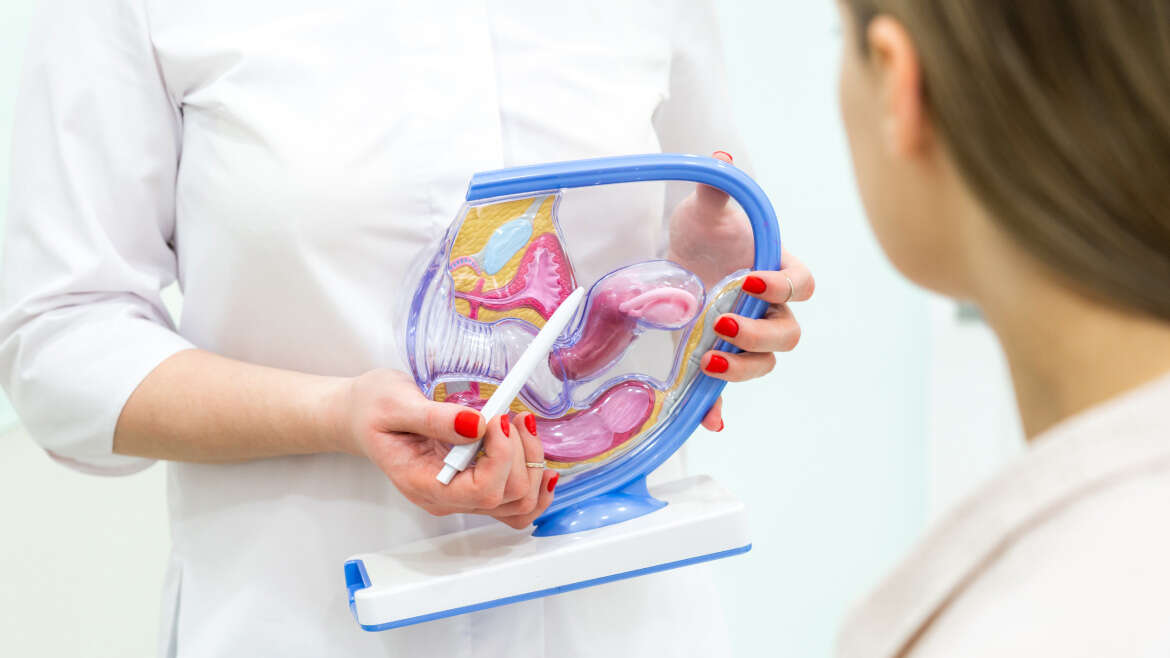
The "Birth Simulation: Bridging Theory and Practice for Safe Deliveries" workshop provides participants with an interactive and educational experience designed to enhance their skills and understanding in the birthing process. This workshop offers a practical and comprehensive approach to preparing medical professionals for managing safe deliveries.
Through a combination of theoretical lectures, interactive discussions, and practical sessions, participants will be guided through a journey that begins with a theoretical understanding of the birthing process and extends to the practical application of knowledge in a simulated environment. They will have the opportunity to familiarize themselves with different scenarios and potential complications encountered during childbirth and learn how to manage them efficiently and safely.
Through realistic simulations and training scenarios, participants will be able to practice their communication, decision-making, and medical intervention skills in a controlled and non-threatening environment. They will also benefit from feedback and guidance from experienced faculty in obstetrics and gynecology.
This workshop will also focus on the non-technical aspects of childbirth management, such as communication with patients and their families, ethics in medical practice, and teamwork. The ultimate goal of this workshop is to prepare participants to become more confident and prepared to provide safe and effective assistance during deliveries, thereby contributing to the improvement of maternal-fetal outcomes and the overall childbirth experience for all parties involved.
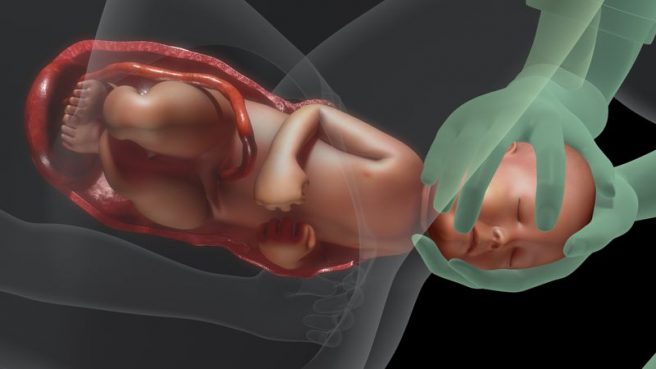
The Workshop on Diagnostic Methods in Gynecology offers a comprehensive learning experience designed to enhance participants' understanding and proficiency in the diagnostic techniques used in the field of gynecology. This workshop provides an in-depth exploration of various diagnostic modalities and their applications in the evaluation and management of gynecological conditions. Through a combination of didactic lectures, interactive discussions, and hands-on practical sessions, participants will gain practical insights into the use of diagnostic tools such as ultrasound imaging, colposcopy, hysteroscopy, and cytology. The workshop will cover the principles of each diagnostic method, indications for their use, interpretation of findings, and implications for patient care. Moreover, participants will have the opportunity to refine their skills in performing diagnostic procedures under the guidance of experienced faculty members. Case-based discussions and simulation exercises will allow participants to apply their knowledge in real-world clinical scenarios and develop confidence in their diagnostic abilities. In addition to technical skills, the workshop will address important considerations related to patient communication, ethical practices, and interdisciplinary collaboration in gynecological diagnosis. Participants will also learn about emerging technologies and advancements in diagnostic techniques, ensuring they stay abreast of the latest developments in the field. This workshop is intended for obstetricians, gynecologists, residents in training, and other healthcare professionals involved in the care of women's health. By participating in this workshop, participants will acquire the knowledge and skills necessary to perform accurate and effective diagnostic evaluations in gynecology, ultimately improving patient outcomes and quality of care.

"Mastering Airway Management: Techniques, Tips, and Troubleshooting" workshop is designed to provide participants with a comprehensive understanding and practical skills in managing airways effectively. This workshop is essential for healthcare professionals, particularly those working in emergency medicine, anesthesia, intensive care, and pre-hospital care, where efficient airway management is crucial for patient outcomes.
The workshop covers a wide range of topics, including basic airway anatomy and physiology, assessment of airway difficulties, selection and use of appropriate airway devices, techniques for airway establishment (such as intubation, supraglottic airway insertion, and surgical airway), and management of airway emergencies and complications.
Through a combination of didactic lectures, hands-on simulations, and case-based discussions, participants will gain practical insights into various airway management techniques. They will learn about the latest advancements in airway devices and technologies, as well as strategies for troubleshooting common problems encountered during airway management procedures.
Moreover, the workshop emphasizes the importance of teamwork, communication, and interdisciplinary collaboration in ensuring successful airway management. Participants will have the opportunity to practice these skills in simulated scenarios, enhancing their ability to work effectively in high-pressure situations.
By the end of the workshop, participants will have acquired the knowledge, skills, and confidence necessary to manage airways competently and safely in a variety of clinical settings. They will be better equipped to handle airway emergencies and optimize patient outcomes through effective airway management techniques.
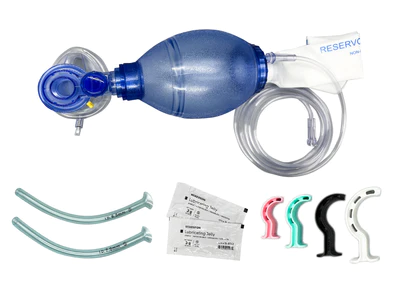
The "Bronchoscopy: Navigating the Airways for Diagnostic Insight" workshop provides participants with the opportunity to learn and improve their skills in using bronchoscopy for the diagnosis and management of respiratory conditions. This workshop is designed for specialists in pulmonology, thoracic surgery, anesthesia, and other related specialties who use bronchoscopy in their clinical practice.
Participants will explore the principles and techniques of bronchoscopy, including patient preparation, bronchoscope insertion techniques, and manipulation within the airways. They will learn about the indications and contraindications of the procedure, as well as the identification and management of potential complications.
Through interactive lectures, case discussions, and practical sessions, participants will gain essential knowledge about interpreting bronchoscopic images and using them in the diagnosis of various respiratory conditions, such as tumors, infections, lesions, and strictures.
Additionally, the workshop will address important aspects related to the care and sterilization of bronchoscopic equipment, as well as the safe handling of contrast agents and other agents used during the procedure.
By the end of the workshop, participants will have a deeper understanding of bronchoscopy and will be prepared to use this technique effectively and safely in their clinical practice, thereby contributing to the improvement of the diagnosis and management of respiratory conditions.
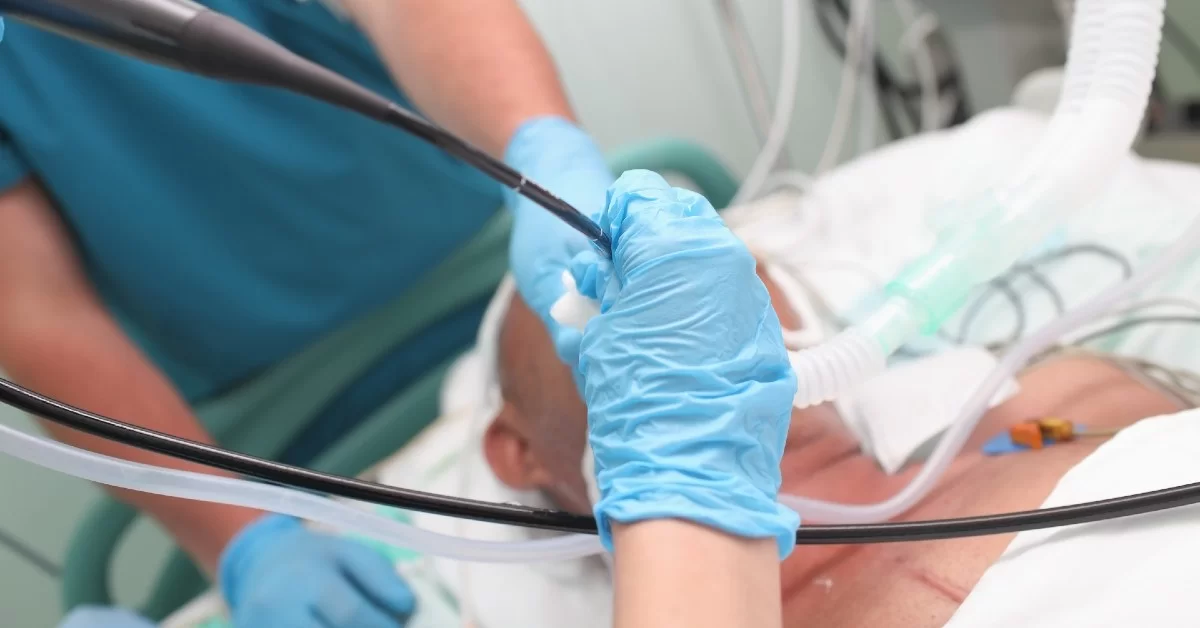
The "Bronchoscopy: Navigating the Airways for Diagnostic Insight" workshop provides participants with the opportunity to learn and improve their skills in using bronchoscopy for the diagnosis and management of respiratory conditions. This workshop is designed for specialists in pulmonology, thoracic surgery, anesthesia, and other related specialties who use bronchoscopy in their clinical practice.
Participants will explore the principles and techniques of bronchoscopy, including patient preparation, bronchoscope insertion techniques, and manipulation within the airways. They will learn about the indications and contraindications of the procedure, as well as the identification and management of potential complications.
Through interactive lectures, case discussions, and practical sessions, participants will gain essential knowledge about interpreting bronchoscopic images and using them in the diagnosis of various respiratory conditions, such as tumors, infections, lesions, and strictures.
Additionally, the workshop will address important aspects related to the care and sterilization of bronchoscopic equipment, as well as the safe handling of contrast agents and other agents used during the procedure.
By the end of the workshop, participants will have a deeper understanding of bronchoscopy and will be prepared to use this technique effectively and safely in their clinical practice, thereby contributing to the improvement of the diagnosis and management of respiratory conditions.

The "Insight into the Eyes: Exploring Ophthalmoscopy for Diagnostic Precision" workshop offers participants the opportunity to understand and improve their skills in using ophthalmoscopy for the diagnosis and management of eye conditions. This workshop is intended for ophthalmologists, ophthalmology residents, and other healthcare professionals who wish to enhance their knowledge in eye examination.
Participants will be guided through an exploration journey of ophthalmoscopy techniques, starting from basic concepts and proper ophthalmoscope usage techniques to interpreting results and diagnosing various eye conditions. They will learn to recognize the characteristic signs and symptoms of common eye conditions such as diabetic retinopathy, macular degeneration, and glaucoma.
Through interactive lectures, practical demonstrations, and case discussions, participants will acquire essential knowledge about eye anatomy and understand how different eye conditions affect ocular structures. They will also have the opportunity to practice ophthalmoscopy under the guidance of experts and receive feedback to improve their skills.
Additionally, the workshop will address aspects related to managing ophthalmoscopic equipment and effectively communicating with patients during eye examinations. The ultimate goal of this workshop is to prepare participants to use ophthalmoscopy effectively in their clinical practice, thereby contributing to the improvement of the diagnosis and management of eye conditions and enhancing the eye health of patients.
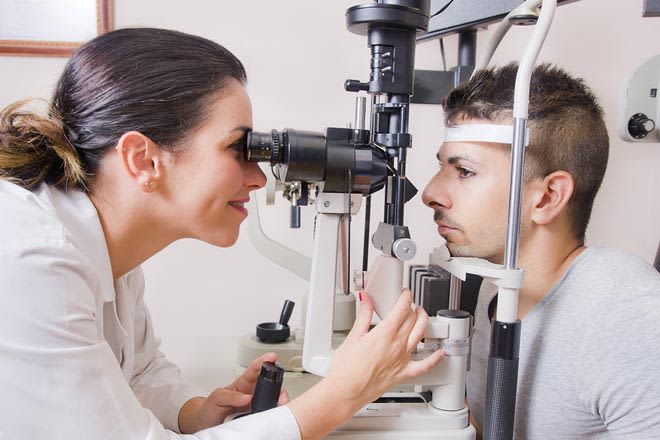
The "Insight into the Eyes: Exploring Ophthalmoscopy for Diagnostic Precision" workshop offers participants the opportunity to understand and improve their skills in using ophthalmoscopy for the diagnosis and management of eye conditions. This workshop is intended for ophthalmologists, ophthalmology residents, and other healthcare professionals who wish to enhance their knowledge in eye examination.
Participants will be guided through an exploration journey of ophthalmoscopy techniques, starting from basic concepts and proper ophthalmoscope usage techniques to interpreting results and diagnosing various eye conditions. They will learn to recognize the characteristic signs and symptoms of common eye conditions such as diabetic retinopathy, macular degeneration, and glaucoma.
Through interactive lectures, practical demonstrations, and case discussions, participants will acquire essential knowledge about eye anatomy and understand how different eye conditions affect ocular structures. They will also have the opportunity to practice ophthalmoscopy under the guidance of experts and receive feedback to improve their skills.
Additionally, the workshop will address aspects related to managing ophthalmoscopic equipment and effectively communicating with patients during eye examinations. The ultimate goal of this workshop is to prepare participants to use ophthalmoscopy effectively in their clinical practice, thereby contributing to the improvement of the diagnosis and management of eye conditions and enhancing the eye health of patients.

"The Specificities in Imaging Diagnosis of Rare Fractures of the Radiocarpal Joint in Children Workshop" aims to provide participants with specialized knowledge and skills in diagnosing uncommon fractures affecting the radiocarpal joint in pediatric patients. Participants will explore the nuances of imaging techniques, including X-rays, CT scans, and MRI, in identifying and accurately diagnosing these rare fractures. Through case presentations, interactive discussions, and hands-on practice, participants will enhance their ability to recognize and interpret radiographic findings associated with rare fractures of the radiocarpal joint in children. This workshop is designed to improve the diagnostic accuracy and confidence of healthcare professionals involved in pediatric musculoskeletal imaging, ultimately leading to better patient outcomes.
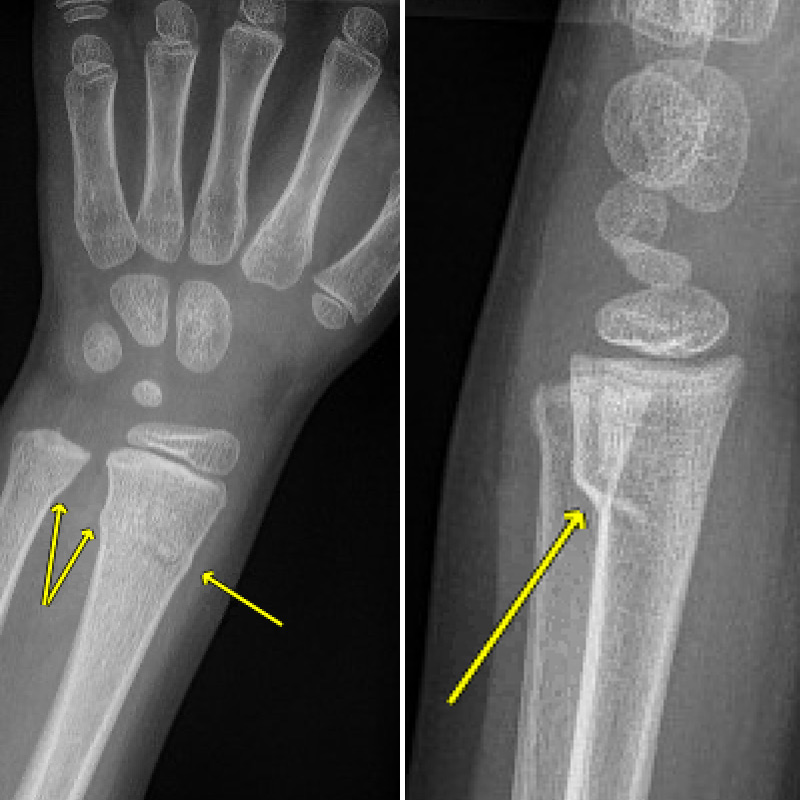
The "Laparoscopy Unveiled: Immersive Simulation for Surgical Skill Enhancement" workshop offers participants an immersive learning experience aimed at enhancing their skills in laparoscopic surgery. This workshop is designed for surgeons, surgical residents, and medical professionals seeking to improve their proficiency in minimally invasive surgical techniques. Participants will engage in hands-on simulation exercises using laparoscopic training models and virtual reality simulators. Under the guidance of experienced faculty, they will learn and practice essential laparoscopic skills such as camera navigation, tissue manipulation, dissection, suturing, and knot tying. Through interactive demonstrations, case-based discussions, and personalized feedback, participants will gain insights into advanced laparoscopic procedures and techniques. They will also learn about patient positioning, trocar placement, and intraoperative troubleshooting, all essential aspects of successful laparoscopic surgery. Moreover, the workshop will focus on team dynamics, communication, and coordination in the operating room, emphasizing the importance of effective teamwork in achieving optimal surgical outcomes. By the end of the workshop, participants will have honed their laparoscopic skills and gained confidence in performing minimally invasive procedures. They will be better equipped to tackle challenges encountered during laparoscopic surgery and deliver high-quality patient care.

The "FAST USG: Unveiling the Power of Rapid Ultrasound Assessment in Trauma Care" workshop offers participants an immersive learning experience focused on understanding and utilizing rapid ultrasound assessment in trauma care. This workshop is tailored for healthcare professionals, particularly those involved in emergency medicine, trauma surgery, and critical care, who seek to enhance their skills in utilizing ultrasound for rapid assessment in trauma settings. Participants will delve into the principles and techniques of FAST (Focused Assessment with Sonography for Trauma) ultrasound, covering topics such as image acquisition, interpretation, and clinical applications. They will learn how to perform a systematic ultrasound examination to quickly assess for free fluid in potential spaces, such as the pericardium, pleural, and peritoneal cavities, indicative of traumatic injuries. Through a combination of didactic lectures, hands-on practical sessions, and simulated trauma scenarios, participants will gain proficiency in performing FAST ultrasound examinations. They will also learn to integrate ultrasound findings into clinical decision-making processes, facilitating timely and accurate management of trauma patients. Furthermore, the workshop will address advanced ultrasound techniques relevant to trauma care, such as extended FAST (eFAST) ultrasound, thoracic ultrasound, and vascular ultrasound, expanding participants' diagnostic capabilities in trauma settings. By the conclusion of the workshop, participants will have acquired the knowledge and skills necessary to confidently perform rapid ultrasound assessments in trauma care settings, contributing to improved patient outcomes and enhanced trauma care delivery.

The "FAST USG: Unveiling the Power of Rapid Ultrasound Assessment in Trauma Care" workshop offers participants an immersive learning experience focused on understanding and utilizing rapid ultrasound assessment in trauma care. This workshop is tailored for healthcare professionals, particularly those involved in emergency medicine, trauma surgery, and critical care, who seek to enhance their skills in utilizing ultrasound for rapid assessment in trauma settings. Participants will delve into the principles and techniques of FAST (Focused Assessment with Sonography for Trauma) ultrasound, covering topics such as image acquisition, interpretation, and clinical applications. They will learn how to perform a systematic ultrasound examination to quickly assess for free fluid in potential spaces, such as the pericardium, pleural, and peritoneal cavities, indicative of traumatic injuries. Through a combination of didactic lectures, hands-on practical sessions, and simulated trauma scenarios, participants will gain proficiency in performing FAST ultrasound examinations. They will also learn to integrate ultrasound findings into clinical decision-making processes, facilitating timely and accurate management of trauma patients. Furthermore, the workshop will address advanced ultrasound techniques relevant to trauma care, such as extended FAST (eFAST) ultrasound, thoracic ultrasound, and vascular ultrasound, expanding participants' diagnostic capabilities in trauma settings. By the conclusion of the workshop, participants will have acquired the knowledge and skills necessary to confidently perform rapid ultrasound assessments in trauma care settings, contributing to improved patient outcomes and enhanced trauma care delivery.

This workshop provides participants with the opportunity to learn and practice spirometry, an essential procedure in the diagnosis and management of respiratory and allergic diseases. From theoretical foundations to practical aspects, this workshop aims to offer participants a comprehensive understanding of spirometry techniques and interpretation.
Through this workshop, participants will:
1. Understand the fundamental principles of spirometry and its importance in diagnosing and monitoring respiratory and allergic diseases.
2. Practice correct techniques for performing spirometry, including patient instruction and equipment calibration.
3. Learn to interpret spirometry results and integrate them into the clinical assessment of the patient.
4. Discuss challenges encountered in the practical application of spirometry and how to address them effectively.
Led by experts in pulmonology and allergology, this workshop will provide participants with essential knowledge and skills to effectively use spirometry in daily clinical practice. Through theoretical presentations, practical demonstrations, and case studies, participants will gain confidence in performing and interpreting spirometry accurately, contributing to the improvement of patient management in respiratory and allergic conditions.
This workshop is intended for pulmonologists, allergists, residents in the respective specialties, nurses, and other healthcare professionals interested in enhancing their knowledge and skills in spirometry. By participating in this workshop, participants will become better prepared to deliver quality care and optimize the management of patients with respiratory and allergic conditions.
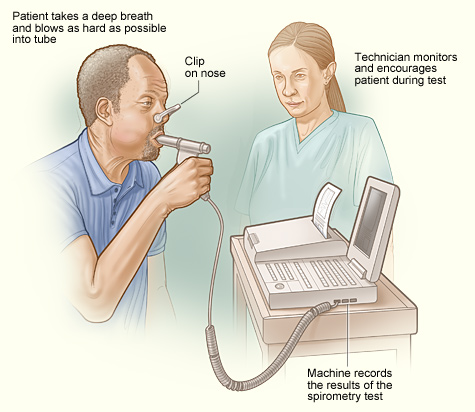
This workshop provides participants with the opportunity to learn and practice spirometry, an essential procedure in the diagnosis and management of respiratory and allergic diseases. From theoretical foundations to practical aspects, this workshop aims to offer participants a comprehensive understanding of spirometry techniques and interpretation.
Through this workshop, participants will:
- Understand the fundamental principles of spirometry and its importance in diagnosing and monitoring respiratory and allergic diseases.
- Practice correct techniques for performing spirometry, including patient instruction and equipment calibration.
- Learn to interpret spirometry results and integrate them into the clinical assessment of the patient.
- Discuss challenges encountered in the practical application of spirometry and how to address them effectively.
Led by experts in pulmonology and allergology, this workshop will provide participants with essential knowledge and skills to effectively use spirometry in daily clinical practice. Through theoretical presentations, practical demonstrations, and case studies, participants will gain confidence in performing and interpreting spirometry accurately, contributing to the improvement of patient management in respiratory and allergic conditions.
This workshop is intended for pulmonologists, allergists, residents in the respective specialties, nurses, and other healthcare professionals interested in enhancing their knowledge and skills in spirometry. By participating in this workshop, participants will become better prepared to deliver quality care and optimize the management of patients with respiratory and allergic conditions.

Join us for an immersive workshop delving into the intricate world of ophthalmoscopy, a fundamental skill in ophthalmology and primary care. This interactive session is designed for medical professionals, students, and enthusiasts eager to enhance their understanding and proficiency in this essential diagnostic tool.
During this workshop, participants will:
1. Learn the principles and techniques of ophthalmoscopy, including direct and indirect methods.
2. Explore the anatomy of the eye as visualized through the ophthalmoscope, understanding key structures and their clinical significance.
3. Gain insights into the interpretation of ophthalmoscopic findings, recognizing common pathologies such as retinal detachment, diabetic retinopathy, and glaucoma.
4. Practice hands-on ophthalmoscopy under expert guidance, honing skills in lens adjustment, focus, and examination techniques.
5. Discuss clinical case studies to deepen comprehension and sharpen diagnostic abilities.
6. Receive tips and tricks for optimizing ophthalmoscopy in various clinical settings, from primary care offices to specialized ophthalmology clinics.
7. Engage in Q&A sessions with experienced practitioners, fostering an interactive learning environment.
Whether you're a seasoned ophthalmologist looking to refine your skills or a medical student taking your first steps into the world of ophthalmic examination, this workshop offers valuable insights and practical experience to elevate your practice. Join us for an enlightening journey into the art and science of ophthalmoscopy.
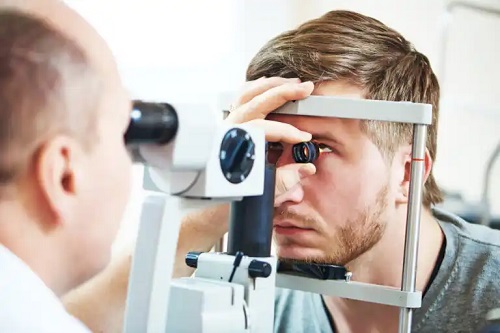
Join us for an immersive workshop delving into the intricate world of ophthalmoscopy, a fundamental skill in ophthalmology and primary care. This interactive session is designed for medical professionals, students, and enthusiasts eager to enhance their understanding and proficiency in this essential diagnostic tool.
During this workshop, participants will:
1. Learn the principles and techniques of ophthalmoscopy, including direct and indirect methods.
2. Explore the anatomy of the eye as visualized through the ophthalmoscope, understanding key structures and their clinical significance.
3. Gain insights into the interpretation of ophthalmoscopic findings, recognizing common pathologies such as retinal detachment, diabetic retinopathy, and glaucoma.
4. Practice hands-on ophthalmoscopy under expert guidance, honing skills in lens adjustment, focus, and examination techniques.
5. Discuss clinical case studies to deepen comprehension and sharpen diagnostic abilities.
6. Receive tips and tricks for optimizing ophthalmoscopy in various clinical settings, from primary care offices to specialized ophthalmology clinics.
7. Engage in Q&A sessions with experienced practitioners, fostering an interactive learning environment.
Whether you're a seasoned ophthalmologist looking to refine your skills or a medical student taking your first steps into the world of ophthalmic examination, this workshop offers valuable insights and practical experience to elevate your practice. Join us for an enlightening journey into the art and science of ophthalmoscopy.

The workshop focuses on the utilization of multimodal imaging techniques in diagnosing and treating retinal pathologies. Participants will explore the integration of various imaging modalities such as optical coherence tomography (OCT), fundus photography, fluorescein angiography, and others to enhance diagnostic accuracy and improve patient care. Through case studies and hands-on sessions, attendees will gain practical insights into the application of these techniques in clinical practice. Additionally, experts in the field will discuss emerging trends and advancements in retinal imaging, providing attendees with a comprehensive understanding of the current landscape and future directions in this critical area of ophthalmology
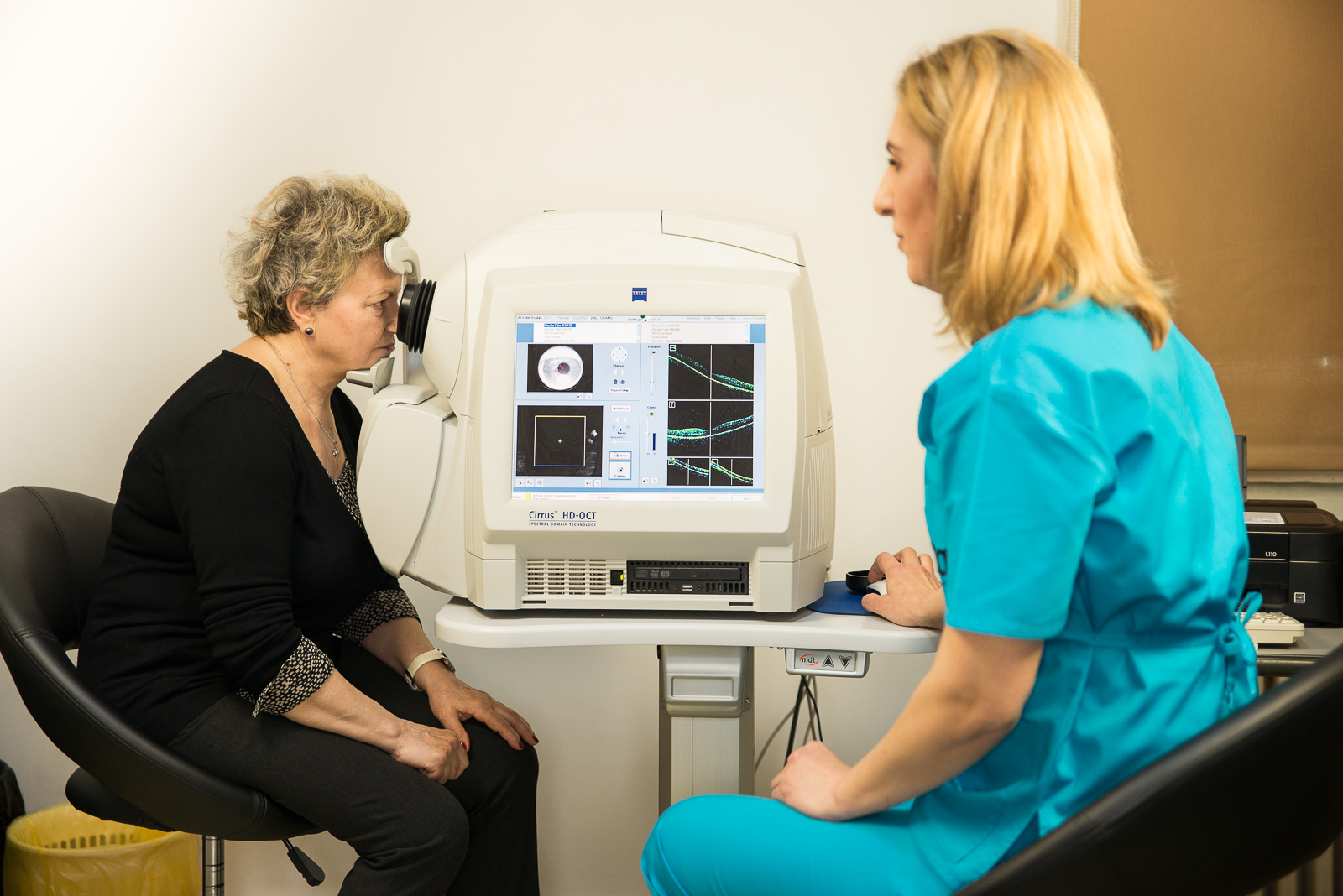
The purpose of the workshop is to strengthen students' skills in an empathetic and non- discriminatory attitude toward the aging process and to improve the efficiency of medical care given to elderly patients. Objectives: at the end of the workshop the participants will be able to: 1. To relate and understand aging-related changes in the visual analyzer, hearing, and manual dexterity 2. Understand the importance of keeping older people active and engaged. 3. To identify the different causes of confusion in older adults. 4. To create a friendly environment for the elderly.

This workshop provides participants with the opportunity to gain a deeper understanding of myopia and explore strategies for managing it, moving from theoretical knowledge to practical application. Within this event, participants will be guided on a journey into the world of myopia, from underlying mechanisms to treatment and management options. We will explore the latest research and technologies available in the field and discuss practical ways to apply them in a clinical context. Our experienced trainers will provide relevant case studies and share best practices for effectively managing myopia in clinical practice. This workshop offers an ideal opportunity for professionals in ophthalmology and optometry to enhance their skills and expand their knowledge in an area of great relevance and timeliness.
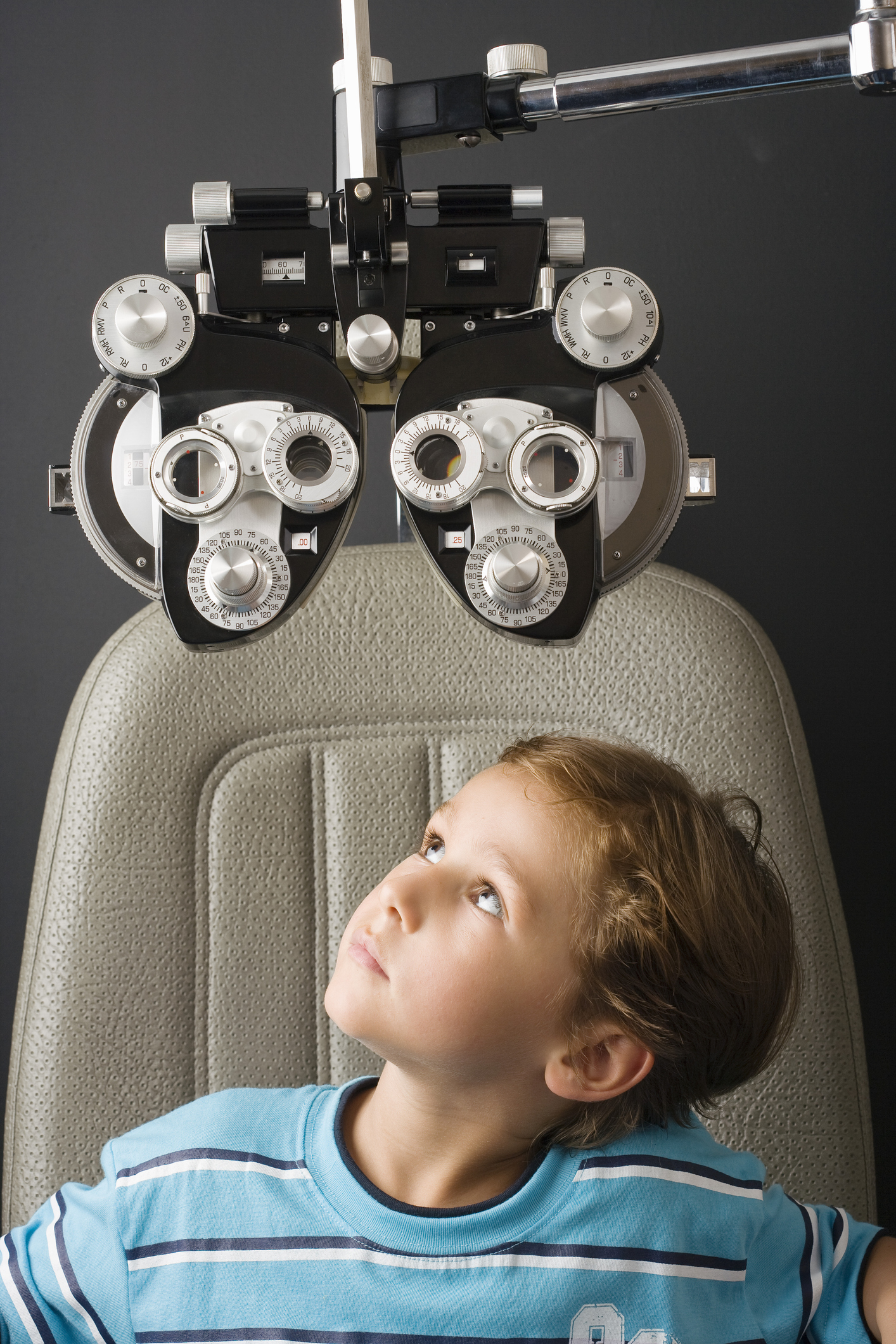
This workshop provides participants with the opportunity to gain a deeper understanding of myopia and explore strategies for managing it, moving from theoretical knowledge to practical application. Within this event, participants will be guided on a journey into the world of myopia, from underlying mechanisms to treatment and management options. We will explore the latest research and technologies available in the field and discuss practical ways to apply them in a clinical context. Our experienced trainers will provide relevant case studies and share best practices for effectively managing myopia in clinical practice. This workshop offers an ideal opportunity for professionals in ophthalmology and optometry to enhance their skills and expand their knowledge in an area of great relevance and timeliness.

Electrocardiographic changes in rare Syndromes. We will present 5 Syndromes that present ischemia with different EKG changes: De Winter, Kounis,Wellens, Yamaguci, Takotsubo and 4 syndromes causing arrhythmias: Brugada, WPW; LGL and Mahaim.
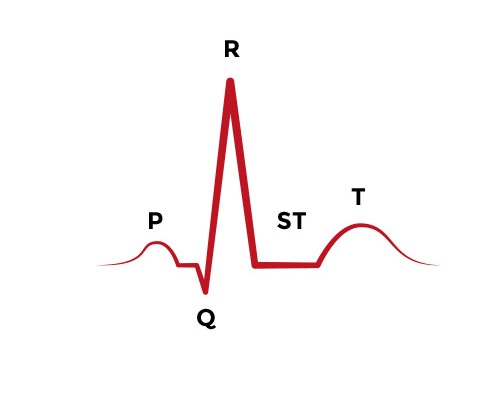
Modificări electrocardiografice în sindroame rare. Vom prezenta 5 sindroame care prezintă ischemie cu diferite modificari ECG: De Winter; Kounis, Wellens, Yamaguci, Takotsubo și 4 sindroame care prezintă aritmii: Brugada, WPW; LGL și Mahaim.

General notions in law and how it is framed in medicine by means of legal norms (qualifications, licenses, continuing professional training, the relationship with the public/patients, etc., medical documentation, medical errors).

The "Enhancing Rational Drug Use Skills" workshop is designed to help participants improve their skills in the rational use of medications. This workshop provides an interactive and educational platform where participants will learn fundamental principles and practices for the efficient and appropriate use of medications.
Topics covered include identifying and evaluating drug information, correctly interpreting medical prescriptions, recognizing and managing potential side effects of medications, as well as promoting effective communication between patients and healthcare professionals.
Through presentations, practical exercises, and case studies, participants will be encouraged to reinforce their knowledge and develop practical skills to make informed and rational choices regarding medication use. The ultimate goal of the workshop is to enhance participants' competence and confidence in the proper management of medication treatment, thereby contributing to the improvement of healthcare quality and outcomes for patients.

"The Efficacy and Safety of Antihypertensive Medications in Patients Based on Gender" workshop is designed to explore and discuss the effects of various antihypertensive medications on patients, taking into account gender differences. This workshop provides participants with the opportunity to better understand how antihypertensive treatments may interact differently with patients' bodies depending on their gender.
Participants will explore recent research and clinical data showing how medication reactions may vary between sexes and how this can influence treatment approaches. Aspects such as medication efficacy in reducing blood pressure, potential side effects, and how they can be efficiently managed will be discussed.
The workshop will include presentations by experts in the medical field, case studies, and interactive discussions, providing participants with a comprehensive insight into factors that may influence the effectiveness and safety of antihypertensive treatments based on gender. The ultimate goal is to provide participants with the tools needed to make informed and personalized decisions in managing hypertension, thus contributing to improving outcomes for patients and optimizing clinical practice.
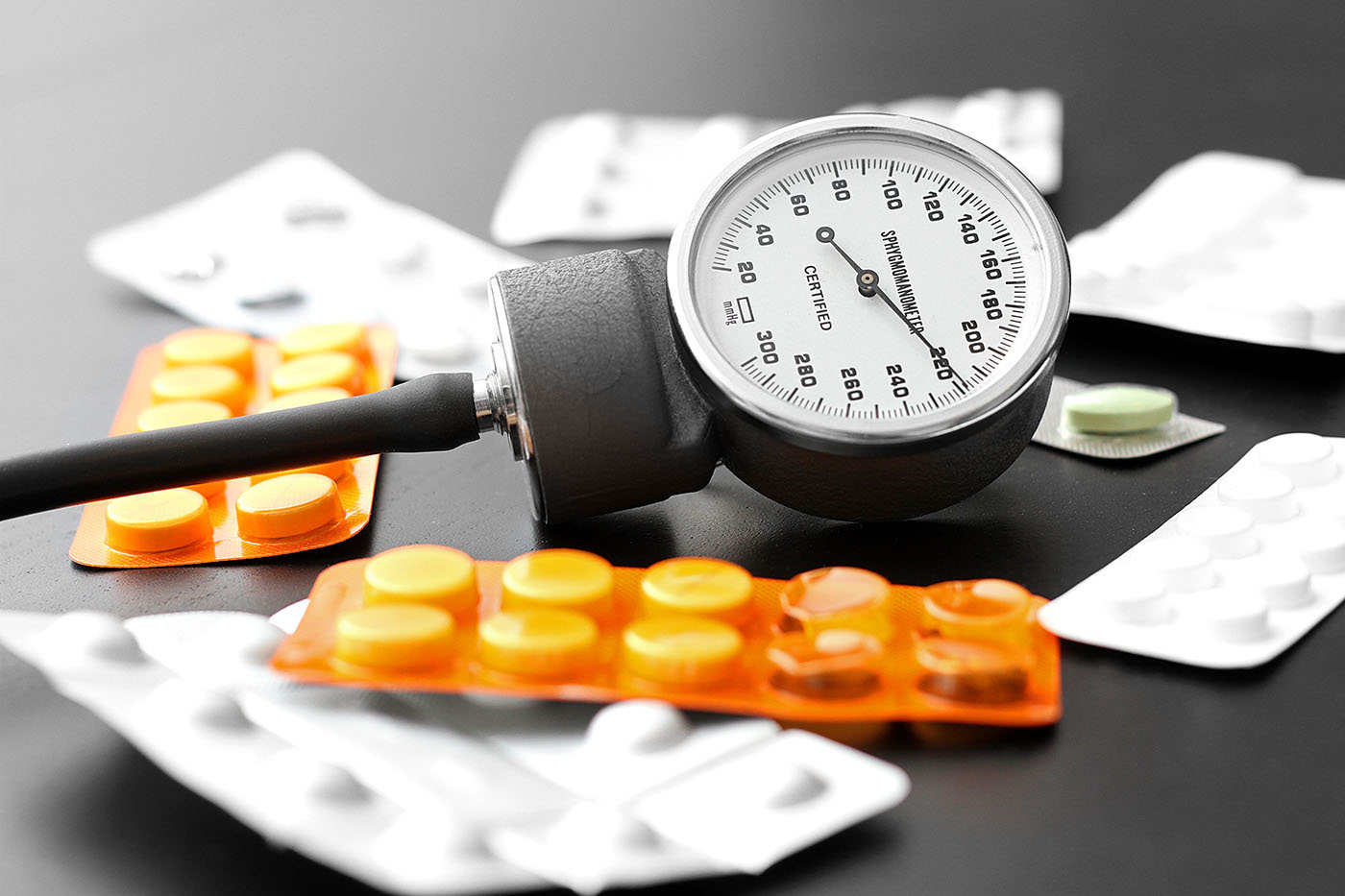
The workshop will address the laboratory diagnostic options with an immunological and molecular-genetic profile, which come to complete all investigations aimed at ensuring the process of specialized curative and preventive medical assistance for patients with benign and malignant hemopathies.
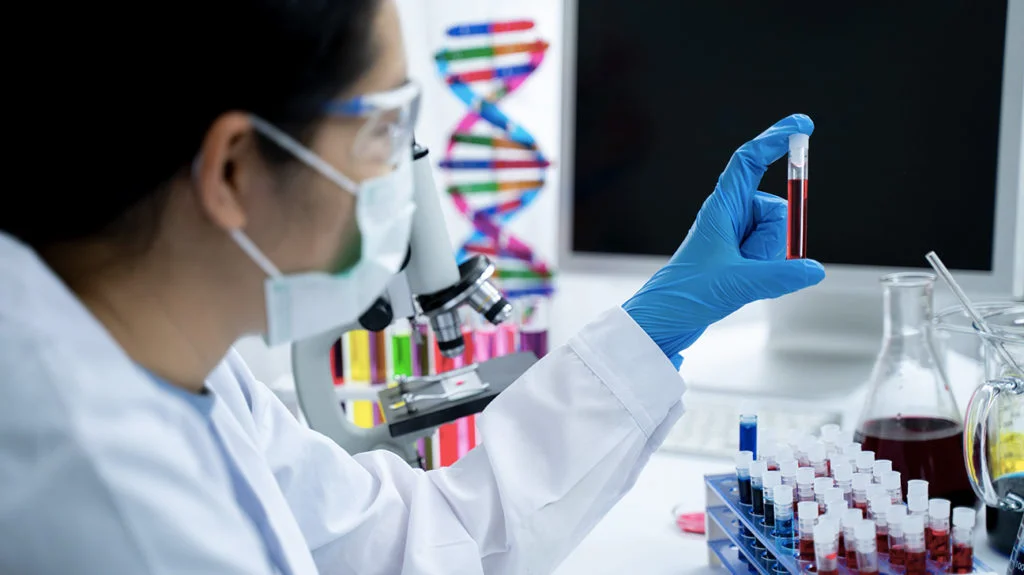
The workshop focuses on the utilization of multimodal imaging techniques in diagnosing and treating retinal pathologies. Participants will explore the integration of various imaging modalities such as optical coherence tomography (OCT), fundus photography, fluorescein angiography, and others to enhance diagnostic accuracy and improve patient care. Through case studies and hands-on sessions, attendees will gain practical insights into the application of these techniques in clinical practice. Additionally, experts in the field will discuss emerging trends and advancements in retinal imaging, providing attendees with a comprehensive understanding of the current landscape and future directions in this critical area of ophthalmology.

This workshop is designed to provide participants with a comprehensive understanding of obstructive sleep apnea (OSA), focusing on diagnosis and treatment. Participants will explore diagnostic techniques and criteria, including the use of cardio-respiratory polysomnography, and learn about treatment options, with an emphasis on non-invasive ventilation. Through practical presentations, interactive discussions, and hands-on exercises, the workshop aims to equip participants with practical skills and knowledge that they can apply in managing OSA in daily clinical practice.

This workshop is designed to provide participants with a comprehensive understanding of obstructive sleep apnea (OSA), focusing on diagnosis and treatment. Participants will explore diagnostic techniques and criteria, including the use of cardio-respiratory polysomnography, and learn about treatment options, with an emphasis on non-invasive ventilation. Through practical presentations, interactive discussions, and hands-on exercises, the workshop aims to equip participants with practical skills and knowledge that they can apply in managing OSA in daily clinical practice.

The Workshop on Coronary Angiography offers an immersive learning experience designed to enhance participants' understanding and proficiency in this essential diagnostic procedure. This workshop provides a comprehensive overview of the principles, techniques, and clinical applications of coronary angiography.
Through a combination of didactic lectures, case discussions, and hands-on practice sessions, participants will learn how to perform coronary angiography effectively and interpret angiographic images accurately. The workshop covers various aspects of the procedure, including patient selection, vascular access, catheter manipulation, contrast administration, and image acquisition.
Moreover, participants will gain insights into the interpretation of angiographic findings and the significance of coronary artery anatomy in the context of coronary artery disease (CAD). Emphasis will be placed on recognizing common angiographic patterns associated with different types of CAD and understanding their clinical implications.
In addition to technical skills, the workshop will address important considerations related to patient safety, radiation protection, and procedural complications. Participants will also have the opportunity to discuss challenging cases and receive guidance from experienced faculty members.
This workshop is intended for interventional cardiologists, cardiac surgeons, fellows in training, and other healthcare professionals involved in the care of patients with cardiovascular disease. By attending this workshop, participants will acquire the knowledge and skills necessary to perform coronary angiography competently and contribute to improved patient outcomes in the management of CAD.

The Workshop on Diagnostic Methods in Gynecology offers a comprehensive learning experience designed to enhance participants' understanding and proficiency in the diagnostic techniques used in the field of gynecology. This workshop provides an in-depth exploration of various diagnostic modalities and their applications in the evaluation and management of gynecological conditions.
Through a combination of didactic lectures, interactive discussions, and hands-on practical sessions, participants will gain practical insights into the use of diagnostic tools such as ultrasound imaging, colposcopy, hysteroscopy, and cytology. The workshop will cover the principles of each diagnostic method, indications for their use, interpretation of findings, and implications for patient care.
Moreover, participants will have the opportunity to refine their skills in performing diagnostic procedures under the guidance of experienced faculty members. Case-based discussions and simulation exercises will allow participants to apply their knowledge in real-world clinical scenarios and develop confidence in their diagnostic abilities.
In addition to technical skills, the workshop will address important considerations related to patient communication, ethical practices, and interdisciplinary collaboration in gynecological diagnosis. Participants will also learn about emerging technologies and advancements in diagnostic techniques, ensuring they stay abreast of the latest developments in the field.
This workshop is intended for obstetricians, gynecologists, residents in training, and other healthcare professionals involved in the care of women's health. By participating in this workshop, participants will acquire the knowledge and skills necessary to perform accurate and effective diagnostic evaluations in gynecology, ultimately improving patient outcomes and quality of care.

The LifeSaver workshop on CPR and Defibrillation is a hands-on training session designed to equip participants with life-saving skills in cardiopulmonary resuscitation (CPR) and the use of automated external defibrillators (AEDs). This workshop aims to empower individuals to respond effectively in emergency situations and potentially save lives.
Through interactive demonstrations, practical exercises, and simulated scenarios, participants will learn the principles and techniques of CPR, including chest compressions, rescue breaths, and the use of AEDs. They will have the opportunity to practice these skills on manikins under the guidance of experienced instructors, allowing them to gain confidence and proficiency in performing CPR and using AEDs.
The workshop will also cover important topics such as recognizing cardiac arrest, activating emergency medical services (EMS), and coordinating with bystanders in a resuscitation effort. Participants will learn how to assess the victim's condition, provide timely interventions, and prioritize actions to optimize outcomes.
Furthermore, the workshop will emphasize the importance of teamwork, communication, and maintaining composure under pressure during resuscitation efforts. Participants will also receive guidance on post-resuscitation care and the importance of debriefing after a resuscitation attempt.
This workshop is suitable for healthcare professionals, first responders, lifeguards, teachers, caregivers, and anyone interested in learning essential life-saving skills. By participating in this workshop, individuals will be better prepared to respond to cardiac emergencies in various settings and contribute to improving survival rates for victims of sudden cardiac arrest.
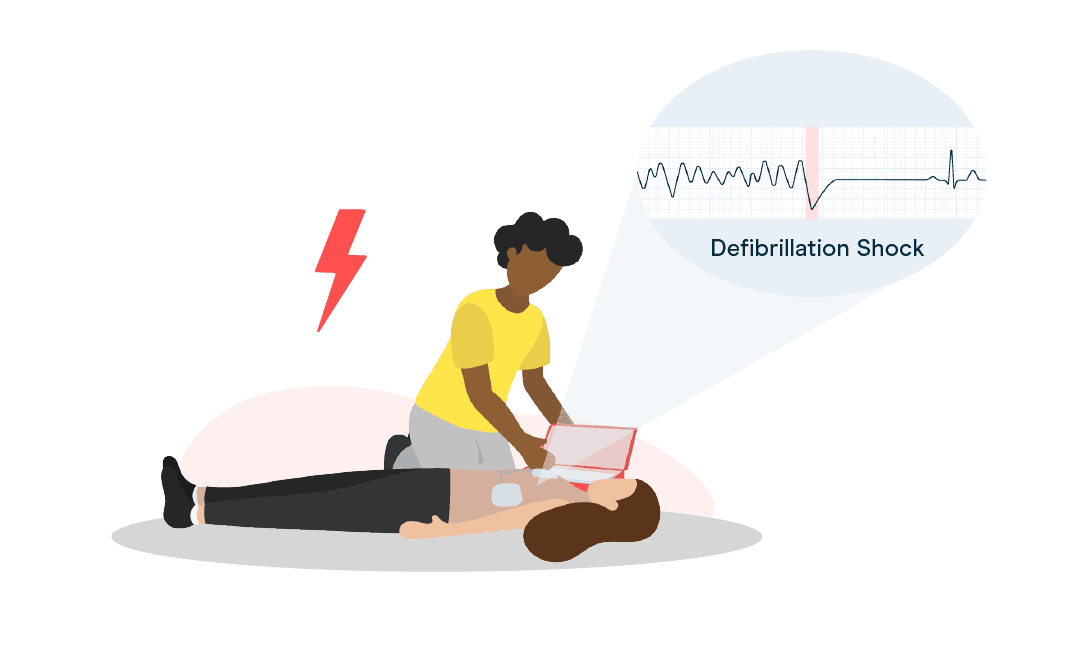
The story of women of childbearing age with immune-mediated rheumatic disorders is one of unique challenges, resilience, and the importance of specialized care. These disorders, such as rheumatoid arthritis, systemic lupus erythematosus, and others, not only affect the women who live with them but also intersect with their reproductive health.
For these women, managing their condition becomes more complex due to the potential impact on fertility, pregnancy, and the health of both the mother and the baby. Immune-mediated rheumatic disorders can affect fertility through various mechanisms, including the disease process itself, medications used to manage the condition, and associated comorbidities.
Pregnancy presents additional considerations and risks. Women with these disorders may experience fluctuations in disease activity during pregnancy, with potential implications for both maternal and fetal health. Additionally, certain medications commonly used to manage rheumatic disorders may need to be adjusted or discontinued during pregnancy to minimize potential harm to the developing fetus.
The story of these women underscores the need for comprehensive

